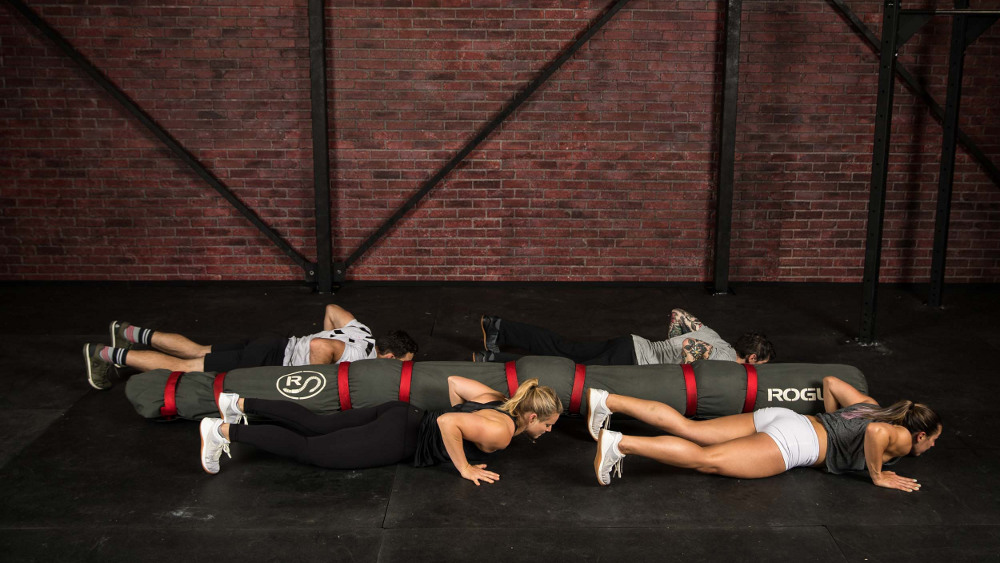BEGINNER RUNNERS ERRORS
 Running now in trend. People go to trainings, prepare for races, compete with each other for kilometers in mobile applications, posting photos of their distances on the social network. Of course, this is wonderful – the mass passion for sports can not but rejoice. However, for the mindless pursuit of fashion – injuries that beginners get from ignorance. Sports doctor, a former doctor and physiotherapist of the women’s basketball club Spartak (Vidnoe), spoke about the most common mistakes of novice amateur athletes and shared her professional advice.
Running now in trend. People go to trainings, prepare for races, compete with each other for kilometers in mobile applications, posting photos of their distances on the social network. Of course, this is wonderful – the mass passion for sports can not but rejoice. However, for the mindless pursuit of fashion – injuries that beginners get from ignorance. Sports doctor, a former doctor and physiotherapist of the women’s basketball club Spartak (Vidnoe), spoke about the most common mistakes of novice amateur athletes and shared her professional advice.
How do you start running?
A short run can be a good cardio workout before strength training. However, if we are talking about a full-fledged training session, then a lot of circumstances should be taken into account. The basic principles of all sports training:
• Constancy, that is, the regularity of training;
• Gradualization, namely the orderly movement from simple to more complex;
• Accessibility – balance of physical activity;
• Individuality, which involves the construction of a training program taking into account the characteristics of the organism;
• Variability – the alternation of types of loads and training parameters.
Inattention to any of them will inevitably lead to a lack of progress, injuries and the cessation of classes altogether.
You should not immediately strive for transcendental goals: you cannot set short-term tasks in running. Everything should be gradual. Want to run a marathon? Great! But we must prepare, train regularly (and not go for a run once a week). It is important to understand why you need it. Do not give in to pseudo-motivators: all my friends ran, so what, I will not run? Such a frivolous attitude to the sport is unacceptable. Even a kilometer is a significant load for a person who did not run at all before. It is necessary to assess the real resources of the body, and at first it is better to deal with coaches – they will not only immediately answer all your questions, but also tell you what intensity it is worth running for you. There are not even two completely identical training plans; according to the recommendations of specialists, this will always be a well-thought-out program from simple to more complex.
At first glance, running is easy. I put on my sneakers, went outside, turned on the music and ran. But it is impossible to rush off at once from a calm state. People who are planning to run, first of all need to know what a warm-up.
So what is warm-up?
This is a smooth entry into the training process. In the warm season it is possible to arrange a light cardio-warm-up before the main run – run 500-800 meters. In winter, before going for a run, you should warm up at home, warm up your muscles. I advise you to do stretching for 15-20 minutes. When the temperature in the muscles rises, they become more flexible, and as a result the risk of injury decreases. The hitch is also important – exercises after the end of the main workout.
How long should you run?
It makes no sense to talk about a fixed number of workouts – for each it is individual: someone can easily run four times a week, I advise someone to limit to two. On average, it makes sense to run at least three times a week. However, I absolutely do not welcome the daily run. The body must have a rest period, because recovery is an integral and very important part of the workout.
When to run?
The results of numerous studies (both domestic and foreign), as well as personal experience give reason to say that there is no fundamental difference at what time of day to run. The main thing is that the body is ready for the upcoming load, not exhausted. It is wrong to run after work tired and exhausted, both physically and emotionally. However, there is no point in running and neither the dawn nor the light, if you feel that the training does not go at all.
To eat or not to eat is the question.
I strongly advise not to run on an empty stomach. Even if the marathon is still far away and you are still going to the usual morning workout, drink some water or tea and don’t forget about carbohydrates – for example, porridge or banana is perfect. Of course, you should not run after a heavy meal. Wait one and a half to two hours, otherwise be prepared for pain in your side.
As for food after training, then again it is worth talking about individual characteristics. Someone does not want to eat at all. And those who come after classes to the hungry should remember such a nice bonus as a “carbohydrate window”. It is believed that within 40 minutes after intense physical exertion, you can eat anything to replenish your energy supply. But it’s better not to lean on everything in the fridge anyway – I always advise eating fractional four or five times a day.
The most frequent injuries beginner runners
Inflammations of tendons (tendinitis) and periosteum (shinsplint), the so-called runner’s knee (chondromalacia), or tibial tract syndrome, and tibial ligamentous syndrome are very common.




